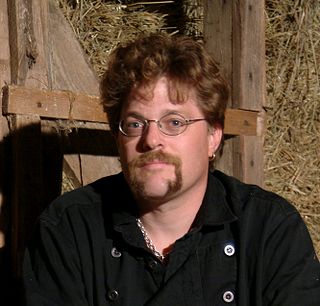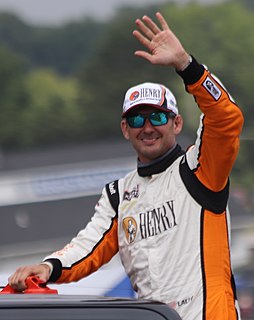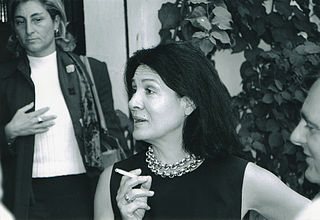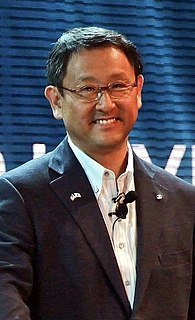A Quote by Marcus J. Ranum
If the designers of X Windows built cars, there would be no fewer than five steering wheels hidden about the cockpit, none of which followed the same principles – but you’d be able to shift gears with your car stereo. Useful feature that.
Related Quotes
As a kid, I loved my Matchbox cars, my Big Wheels, and the race cars on TV. When I laid eyes on my first go-kart when I was just five, it gave my desire for making things with wheels go fast a focus. This combined with the fact that I've been incredibly competitive since a young age made for the proper mix of passion and aggression to become a race car driver.
The machines that are first invented to perform any particular movement are always the most complex, and succeeding artists generally discover that, with fewer wheels, with fewer principles of motion, than had originally been employed, the same effects may be more easily produced. The first systems, in the same manner, are always the most complex.
Good. Now the first thing you do is press in the clutch and slide the gear into reverse." She placed his hand on the gear shift in the center of her car, and showed him how to move it up and down. "You know, you really shouldn't fondle that in front of me, Grace. It's cruel." "Julian! Do you mind? I'm only trying to show you how to shift my gears." He snorted. "I wish you'd shift my gears like that.
When he sees little kids sitting in the backseat of cars, in those little car seats that have steering wheels, with grim expressions of concentration on their faces, clearly convinced that their efforts are causing the car to do whatever it is doing, he thinks of himself and his relationship with God: God who drives along silently, gently amused, in the real driver's seat.
If car manufacturers made cars according to spec the same way software vendors make software according to spec, all five wheels would be of widely differing sizes, it would take one person to steer and another to work the pedals and yet another to operate the user-friendly menu-driven dashboard, and if it would not drive straight ahead without a lot of effort, civil engineers would respond by building spiraling roads around each city.
Autonomous vehicles, because they'll be able to operate at a lower cost, will be able to pull more consumers into the Lyft network. And as you have more people switching from using their own car, they'll be taking more rides that still require a person behind the wheel. We think that in the foreseeable future of the next five-plus years, the number of human drivers we need on the road is going to keep going up. Longer term, of course, when the cars are fully autonomous, there will be a big shift.
































